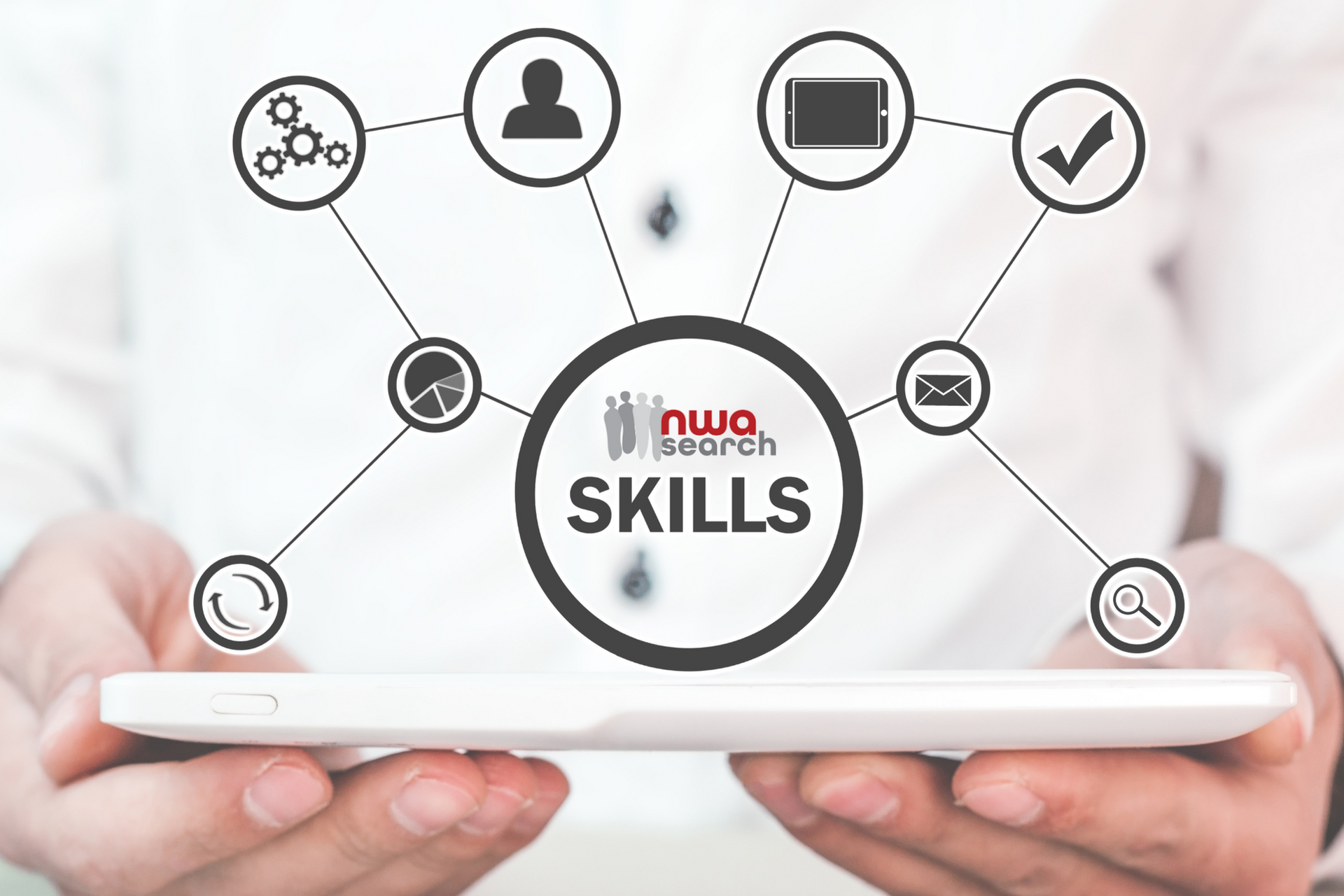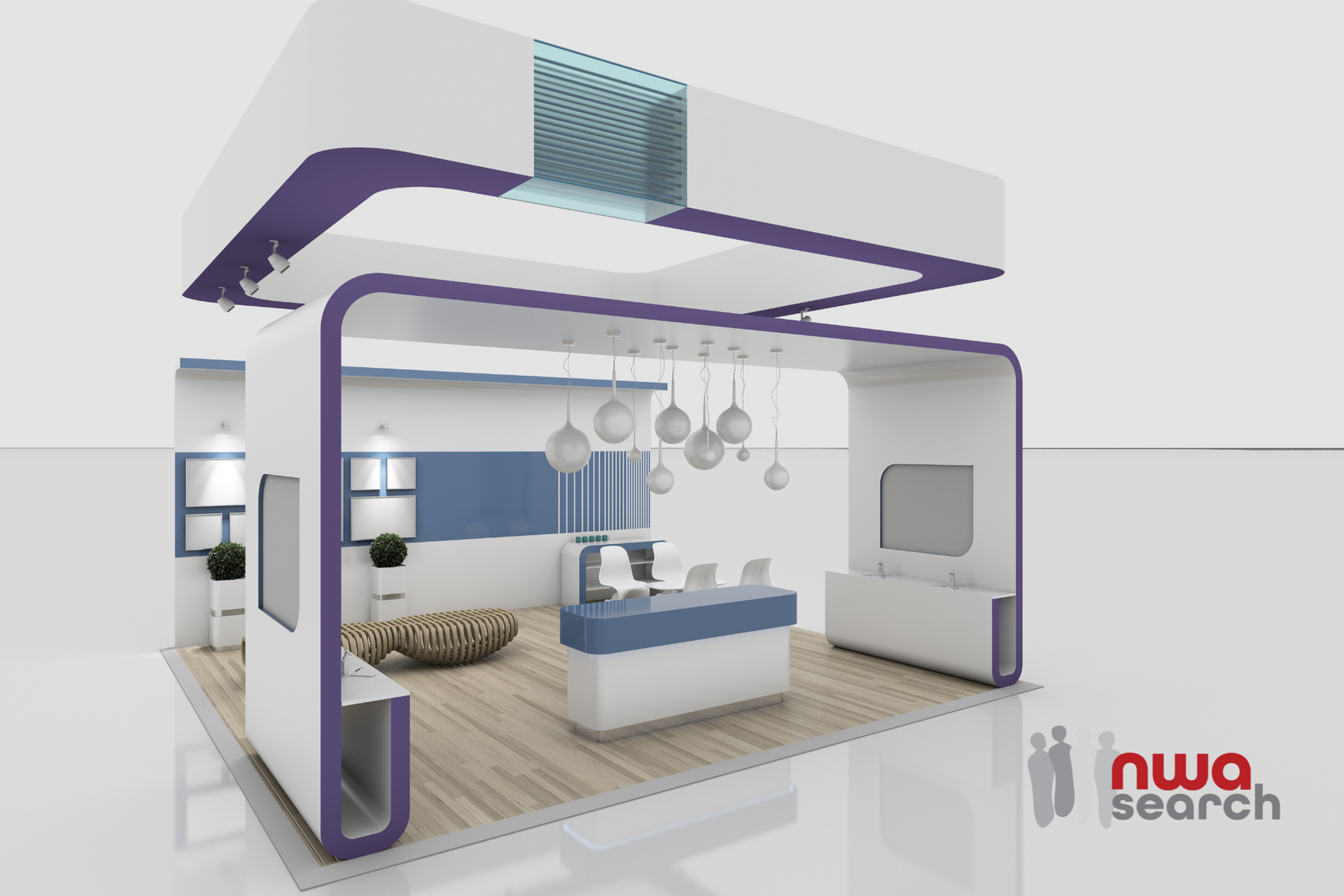The Hiring Manager’s Guide to Interviewing for Culture Fit (and Why It Matters)
Industry Insights:
The Hiring Manager’s Guide to Interviewing for Culture Fit (and Why It Matters)
Building a successful team isn’t just about hiring people with the right skills—it’s about bringing together individuals who align with your company’s values and contribute positively to its culture. Finding candidates who not only excel in their roles but also integrate well into your team can lead to stronger collaboration, higher engagement, and greater long-term success.
Why focus on culture fit? Employees who feel connected to their workplace culture are four times more likely to be engaged and 62% less likely to experience burnout. A thoughtful approach to assessing culture fit can also enhance diversity, equity, and inclusion (DEI) by ensuring hiring decisions are based on shared values rather than unconscious biases.
This post will walk you through the key elements of assessing culture fit during interviews, including:
- What culture fit really means
- Why it’s crucial for hiring success
- How to fairly and effectively evaluate candidates
- A list of insightful interview questions to use
Understanding Culture Fit
Culture fit refers to how well a candidate’s values, work style, and behaviours align with your organisation’s ethos. It can also be assessed at the team level, ensuring that new hires contribute to a cohesive and productive working environment.
What Culture Fit Is Not
While culture fit is an important consideration, it should never be used to justify biased hiring decisions. It is not about finding candidates who are identical to existing team members or hiring based on personal characteristics unrelated to work performance.
To prevent bias, many organisations adopt a ‘culture add’ mindset—focusing on what a candidate can bring to the team that enhances, rather than mirrors, the current workforce. This approach helps avoid homogeneity and encourages fresh perspectives, innovation, and inclusive decision-making.
Why Assessing Culture Fit Matters
Evaluating culture fit during the hiring process can have a lasting impact on your company’s success. Here’s why it should be a priority:
- Higher Employee Retention: Nearly 41% of workers who left their jobs cited poor engagement and culture as the main reason—far more than those who left for better pay or benefits (16%).
- Stronger Employer Brand: Employees who resonate with their company’s culture are more likely to advocate for the business, leading to better referrals and reputation.
- Greater Team Adaptability: A workforce built with diversity and culture add in mind is better equipped to handle change, solve problems, and navigate disruptions.
Five Strategies for Assessing Culture Fit
Since culture fit isn’t easily measured, hiring managers need a structured approach to ensure fair and objective evaluations. Here’s how:
1. Define Key Cultural Attributes
Start by identifying the specific values and traits that align with your company’s mission and team dynamic. Document these criteria and incorporate them into your hiring process.
2. Ask Open-Ended Questions
Rather than relying on yes/no questions, encourage candidates to share real-life examples that showcase their alignment with your company’s culture. Pay attention to both verbal and non-verbal cues.
3. Use a Structured Interview Format
A structured interview process ensures consistency by asking all candidates the same questions in the same order. This minimises bias and provides a clear basis for comparison.
4. Address Biases Proactively
Everyone has biases, but acknowledging and mitigating them is essential in fair hiring. Take advantage of DEI training, self-reflection exercises, and techniques like the ‘flip it test’—asking whether you’d evaluate a candidate differently if they came from a different background.
5. Implement Interview Scorecards
Using a standardised scorecard allows hiring teams to rate candidates based on predefined criteria. This ensures hiring decisions are backed by objective data rather than gut feelings.
10 Key Interview Questions to Assess Culture Fit
To gain deeper insights into a candidate’s potential fit, consider using these open-ended interview questions:
Work Style & Values
- How do you prefer to receive feedback, and how do you typically act on it?
- What kind of work environment helps you perform at your best?
- What motivates you to do your best work?
Adaptability & Collaboration
- Tell me about a time you had to adjust to a major change at work. How did you handle it?
- Describe an experience when you worked with a team that had different perspectives. How did you navigate those differences?
- Share an example of how you’ve contributed to a positive team dynamic.
Problem-Solving & Growth
- What’s a challenge you faced at work, and how did you overcome it?
- Tell me about a time you had to challenge the status quo—what was the outcome?
Culture Add & Inclusion
- How would you contribute to making our workplace more inclusive?
- What skills or perspectives do you bring that would add something unique to our team?
Hiring for culture fit is about finding people who will enrich your team, not just blend in. By using structured assessments, reducing bias, and focusing on a ‘culture add’ approach, you can build a more engaged, adaptable, and successful workforce.
Ready to enhance your hiring strategy? Let’s start the conversation—contact us at NWA Search to find top-tier talent that aligns with your company’s vision and values.












